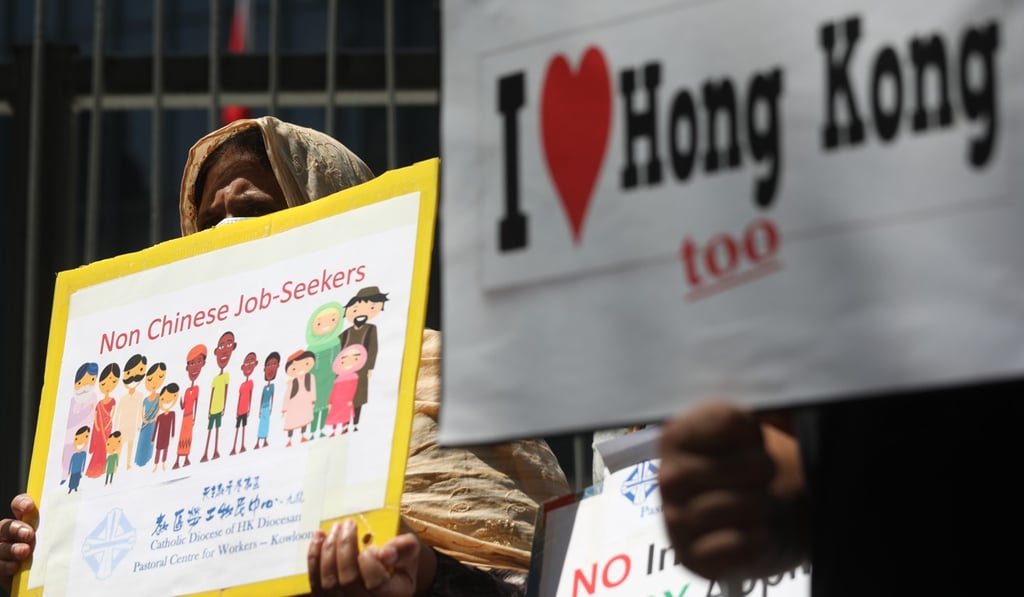Opinion | Hong Kong must end its eternal stalemate in the fight for equality
- Rather than remaining stuck in polarised debates, the city should focus on the specifics of practical measures to address discrimination against marginalised groups
- The Equal Opportunities Commission must not only press for change, but create the conditions for progress

Still, I wish the scrutiny would come with a broader understanding of what a champion of social justice may look like. For one thing, my previous work at the ICAC and the Independent Police Complaints Council was inspired by an unflinching belief in building a fair and just society that is free from corruption and abuse of power. That same commitment to righting social wrongs underlies the work of the EOC, as we pledge to combat prejudice and discrimination against marginalised groups.
More importantly, leading the commission to deliver real impact on Hong Kong’s equality landscape requires not only a passion for social justice, but also solid expertise and practical experience – in handling complaints, spearheading research and lobbying parties to bridge differences.

Organisations at home and abroad commemorate the International Day Against Homophobia, Transphobia and Biphobia on May 17. I inevitably yearn for the stalemate to end and some progress to be made. The bottom line is, the reality and gravity of LGBT discrimination cannot be shrugged off.
